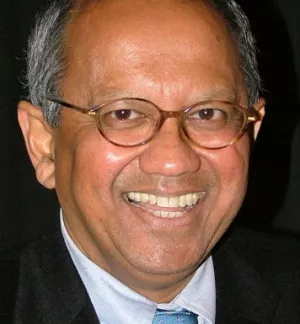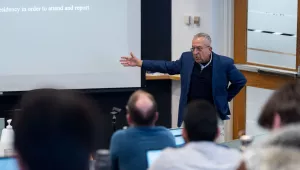Overview
"This is a fine successor to Brown and Ganguly's earlier volume, Government Policies and Ethnic Relations in Asia and the Pacific, and features international scholarship of the highest order on a vital--and much neglected--subject. The book offers a window on conflict and governance in Asia that will be of inestimable value to students of both comparative and international politics."
--Kanti Bajpai, School of International Studies, Jawaharlal Nehru University
"Two major themes emerge from these excellent case studies. First, bumbling or malicious elites can do major damage when they mishandle language policy--an issue fraught with danger in multiethnic societies. Second, and more important, farsighted policymakers can craft language policies that lessen the destructive potential of ethnic conflict. The editors should be applauded for focusing attention on an understudied yet crucial tool of conflict management."
--Stephen John Stedman, Senior Fellow, Center for International Security and Cooperation and Institute for International Studies, Stanford University
Language policy is a sensitive issue in most countries. In countries where more than one language is spoken -- the vast majority -- language policies affect the ability of individuals and groups to participate in government, to be treated fairly by governmental agencies, to have access to government services, to take advantage of educational opportunities, and to pursue economic success.
Language policies also affect the prospects for survival of ethnic groups that define themselves on the basis of language. Assimilationist policies can threaten the existence of minority groups as distinct entities. Accommodationist policies might allow many ethnic groups to flourish but weaken national unity. In many countries, disputes over language policies have led to ethnic tensions and, in some cases, to violent ethnic conflicts.
This book analyzes the impact of different kinds of language policies on ethnic relations in fifteen multiethnic countries in Asia and the Pacific. The analyses include discussion of the origins of different language policies and of how the policies have evolved over time. The book develops policy recommendations, both for individual countries and in more general terms.
Michael E. Brown is Director of the Center for Peace and Security Studies at the Edmund A. Walsh School of Foreign Service, Georgetown University.
Sumit Ganguly is Professor of Government at the University of Texas at Austin. They are coeditors of Government | Policies and Ethnic Relations in Asia and the Pacific.
“Fighting Words: Language Policy and Ethnic Relations in Asia.” Edited by Brown, Michael and Sumit Ganguly. MIT Press, September 2003







